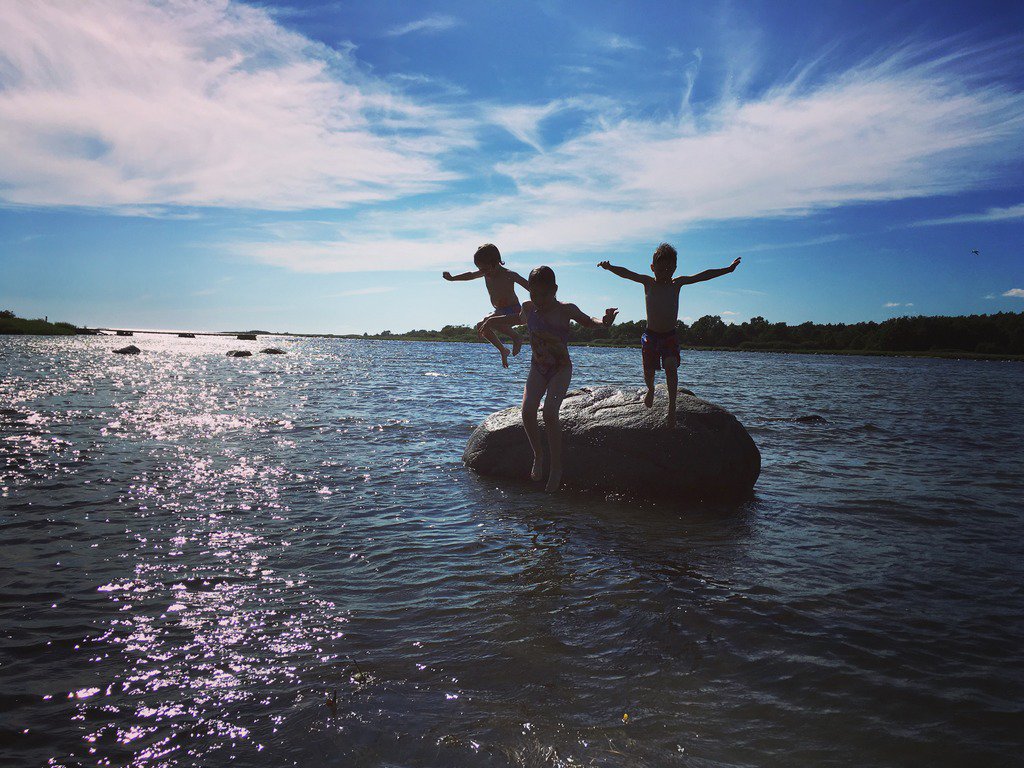
In this next post in my living abroad series, we find out what it’s like for a family from the U.K. to live the slow life on an island in Sweden. It seems like the ideal life for kids, with tons of outdoor time and less pressure at school. Maybe you’ll agree that more countries should adopt the Swedish mindset! Thanks, Sonia!
We live in southern Sweden on a beautiful island, and we moved due to my hubby finding a job here. I have since started a dog walking business on our island, and I run the blog Mamma’s School about living in “nature’s playground.” There are 5 of us: my husband, who goes by “Dadda” on my blog, our 10-year-old daughter “the little lady,” and our mini men (6-year-old twins). You can also find me on Instagram and Facebook.
We moved here in October 2016. My mother is Norwegian and I grew up traveling to Norway in our holidays to stay with my grandparents. I adore Scandinavia, and the ethos and way of living in Sweden is very similar to Norway (ssshhhh they pretend to be rivals!), but without the huge price tags that come with living in Norway (which are more noticeable moving from the UK….for instance we would have really struggled to fund a house in Norway, whereas in Sweden it has been ok).
My husband fell in love with Scandinavia visiting it with me to see my family, and early on in our relationship we made it a life goal to move here. Once we started to have children that dream became more urgent, as we wanted them to enjoy being brought up the Swedish way…i.e. starting school at a later age, not so many hours in a school day, less testing, more play, more outdoor time, being allowed to be children, and a lot less pressure on them to conform. Life here definitely has its priorities right. Family is first and everything else falls into place around that, including work if your children are ill — there is no need to feel guilty being at home with them here.
On first impressions of life in Sweden:
We live on a small island, and although we thought we were moving to the middle of nowhere, everyone was expecting our arrival, knew who we were and where we lived. Now, that might be a little intimidating to some, but it has given us some lovely friendships, a lot of people to turn to for advice and help (and boy do you need that when you suddenly land in a foreign place not speaking the language!!), and made us feel very welcome in a non-nosey claustrophobic way. Our first impressions have remained, and we love where we live and the lovely people here.
On adjusting to cultural differences:
Having been brought up with some Norwegian traditions, we have been prepared for a lot of things and embraced everything else. In winter everyone is hunkered down in their own cozy homes, so you do have to make more of an effort to meet friends.
Everything takes time and no one rushes anything. I think it took us 3-4 months after we moved in to get wifi.
Rubbish: you have to separate EVERYTHING. This is a good thing, but takes a little getting used to to get the right things in the right places.
Your children need LOTS of clothes at school…they will be outdoors in all weathers, so they need lots of spares at school.
Fika: there is time to stop for a sociable coffee break however busy you are.
On making friends in another country:
We were lucky as living on a small island with word of mouth and the arrival of a huge removal lorry made people aware of who we were. Being Swedish and quite blunt in nature, they would approach us and start up conversations. Everyone was so approachable too when we got to know them. We have not searched out other expats living in our area, we have tried to blend into our own island community and live as they live….not live as Englishmen abroad. My tip would be to immerse yourself in people that are native to the country, get out and talk to people, and initiate some get togethers too.
What is a typical day like?
I get up with Dadda around 6am, and I am focused on getting the trio to school for 8am. Living on a small island, any jobs like appointments or shopping can take a while as they are a 30 minute drive away. I work everything around whatever dog walks I have that day and picking up various children at various finishing times from school in between. Our twins finish around lunchtime (12:00) and our 10-year-old finishes from 12:45-14:00…..it is a different time every day, which keeps me on my toes!! During the afternoon we play or do outdoor adventures.
What we love about life in Sweden:
The lack of pressure on the children, the laid back lifestyle, the outdoors lifestyle
What is challenging:
The language… we had NO Swedish. We have all learned from scratch. The Swedes’ English is very good, but to learn any Swedish they must speak it to you, which then makes it harder before it gets easier. Especially trying to work out what the children need/do at school, letters that are bills, or trying to use the automated phone system to book a doctor’s appointment.
Surprising things about living in Sweden:
- During summer, it’s not just the schools that close down. It’s completely standard here for people to take (at least) 5 consecutive weeks off work during summer. And to all of our families’ surprise, yes, the country does seem to survive intact!
- Cinnamon buns: you will eat your body weight in them!
- Hotdogs: you eat these ALL the time to celebrate anything.
- Alcohol: due to the government monopoly, you can only buy anything over 3.5% from specific outlets called Systembolaget. You need to firstly plan your consumption (our nearest outlet is 20km away and that is close!) and secondly bulk buy.
- Everyone says Hej! (hi) to everyone else here on our island, young and old! After a “don’t talk to strangers” policy in the UK, we quickly had to re-educate our children to say Hej! every time they walked past anyone!
- The school kids address their teacher by their first name. It’s good to see mutual respect regardless of age or profession. Respect here is earned, not assigned.
What the Swedish do best:
First, the schooling system: Having left a pressure cooker education system behind that has children exhausted, in tears, and feeling a failure, we are more than happy to embrace the Swedish positive approach to learning. School is important to us here as a place for our children to meet others their age and learn the language.
It’s such a lovely environment….oh, apart from the no shoes indoors policy….I have to keep a better eye out for the holes in the socks situation! But on the flip side they love running and sliding down the corridors. The lovely island school has turned out to be just what we wanted for our trio, and more.
Second, let children be children!! I need to let them run, climb, and explore. In the UK, this got me a lot of frowns (especially in play parks) when I deliberately made a choice not to helicopter parent any of them, as well as letting them use an apparatus how they wanted to (provided no one else was affected!). Plus in the UK there are a lot of expectations of how children should behave, often making them suppress a lot of their childhood instinctive behaviours, and in turn dampen down their spirit, curiosity, and excitement about life.
Over here it is a lot different. Children are expected to want to make noise, run around, and climb. It’s quite common for my little lady to climb the trees in her playground, or twin 2 to be found dangling upside down precariously from a high bar, whereas in the UK those were a definite no no. They are outdoors in all weathers, not cooped up because of some wind and rain. The Swedes have clocked onto the fact that children don’t want to, and won’t, sit still like statues, but instead they expect them to be moving. The best bit….no one’s looking at your parenting skills or your child and seeming to be criticizing them, when children are just being children.
.
Sonia’s tips for visiting Sweden:
Don’t bother with cash.
Be prepared for the cost of eating out.
Don’t expect to find anything open on a Sunday.
I am running a series on my blog of the Blekinge archipelago, so if you fancy a bit of island hopping check it out. It gives places to eat, stay, how to get there, and what to do.
What’s next?
We hope to never leave!! Well, it depends on Brexit, but we really hope not. We feel we have found our home and place with people that feel and think in a similar way to us. Our children are freer, and have way more fun and opportunity to be children here.

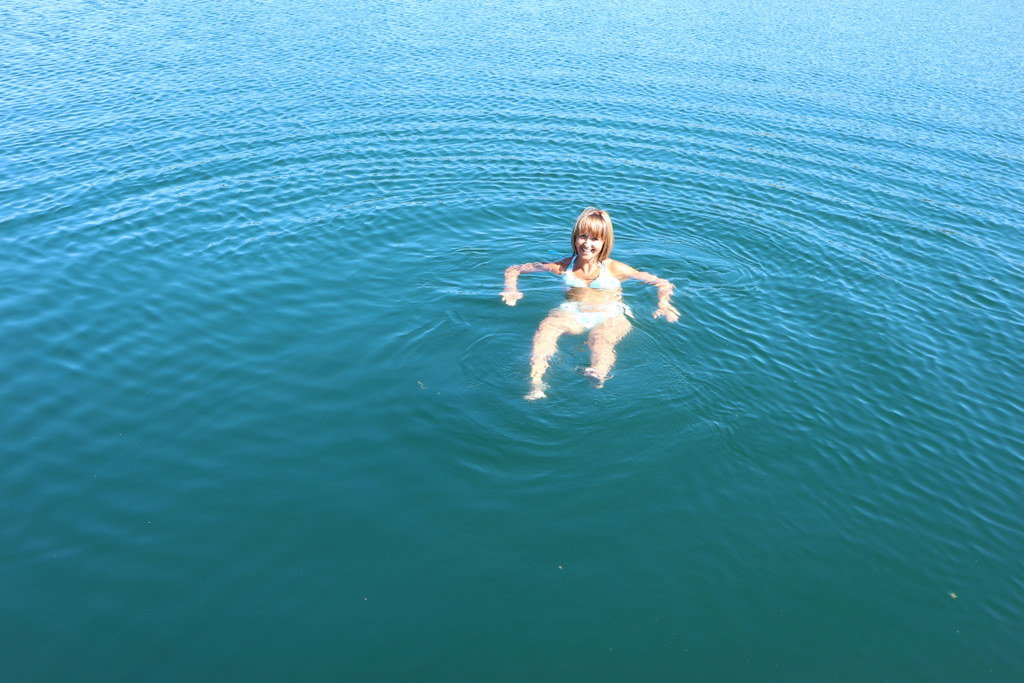

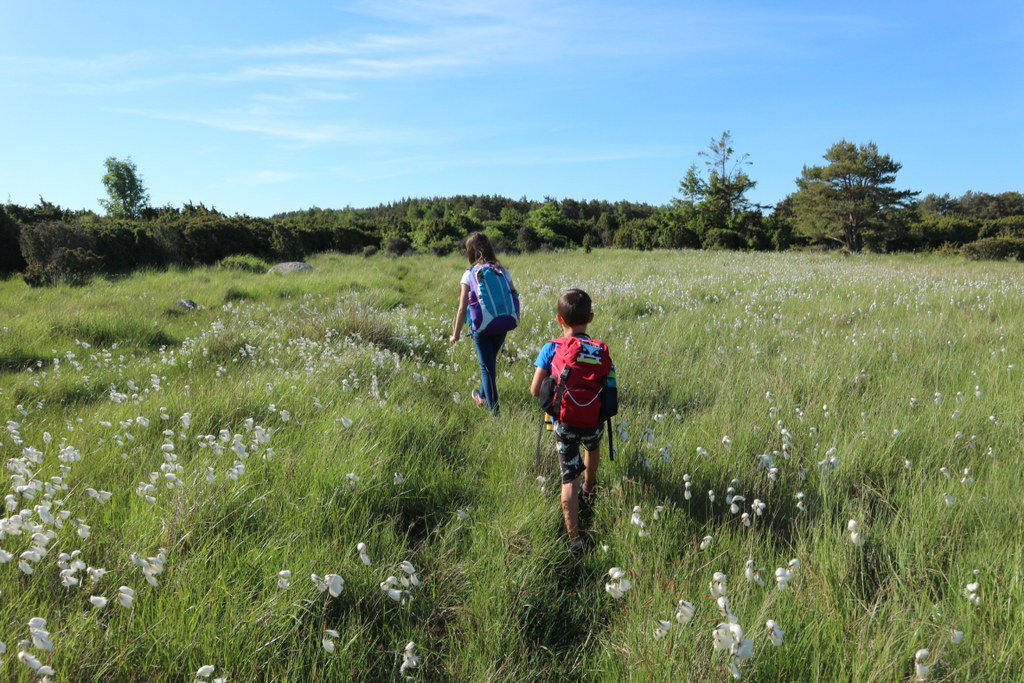
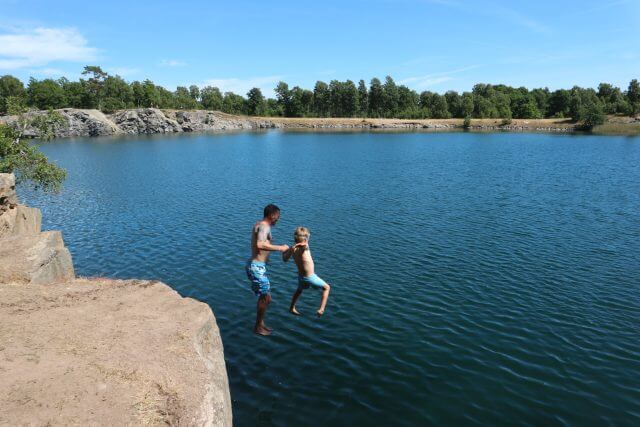
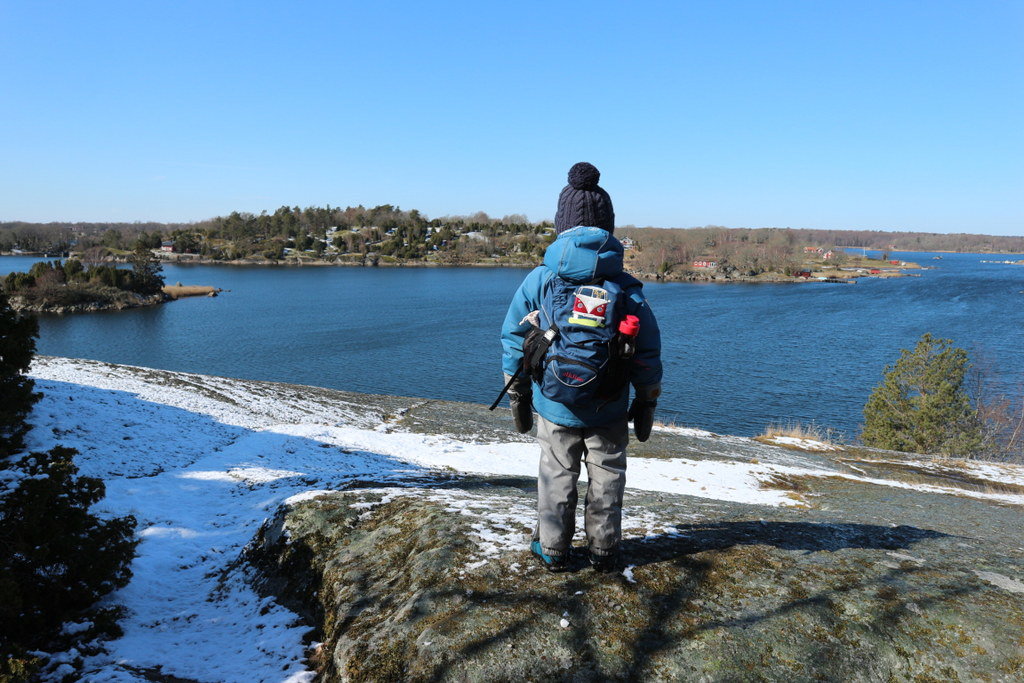
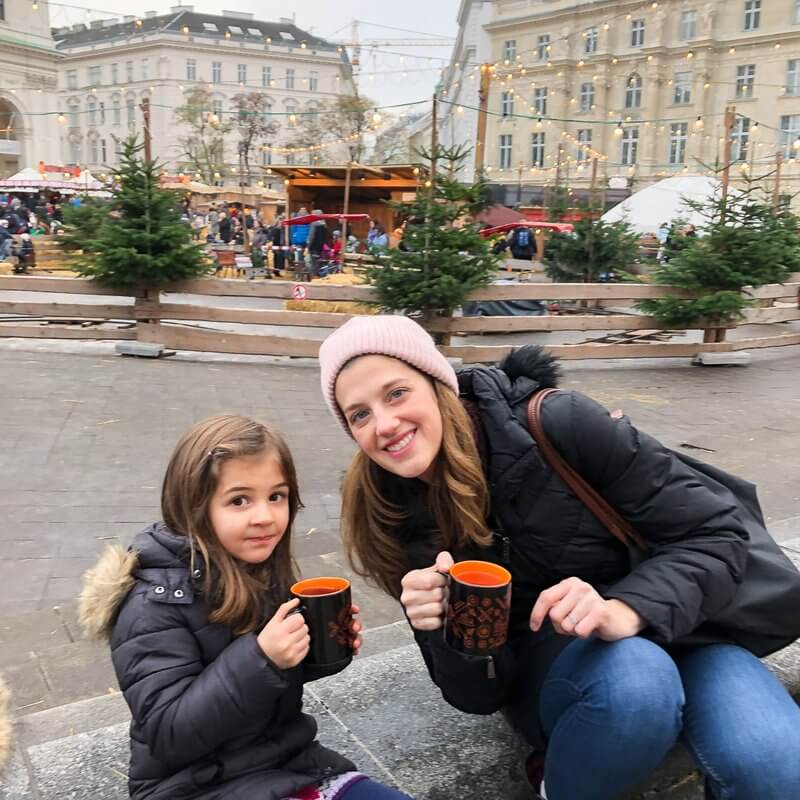
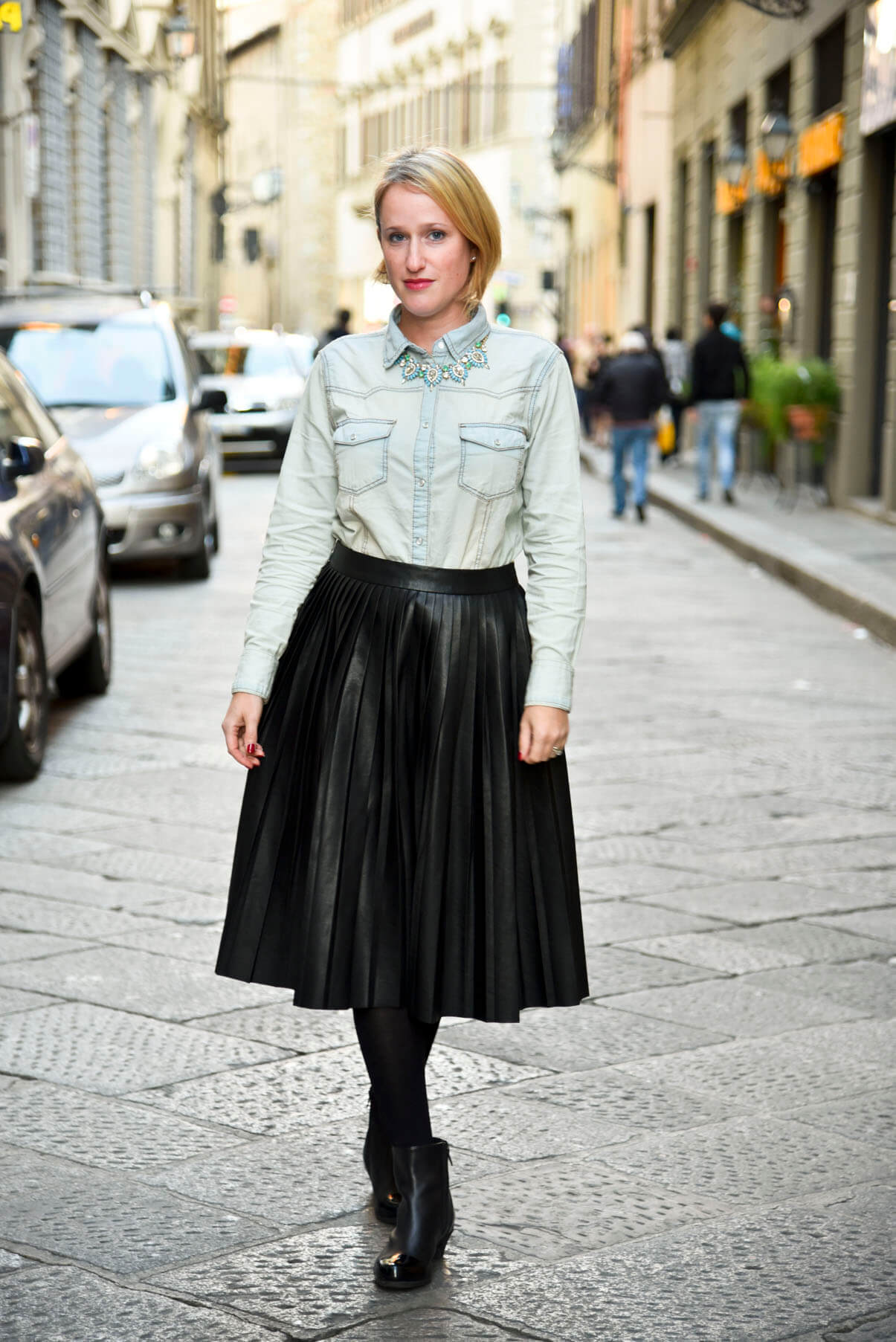
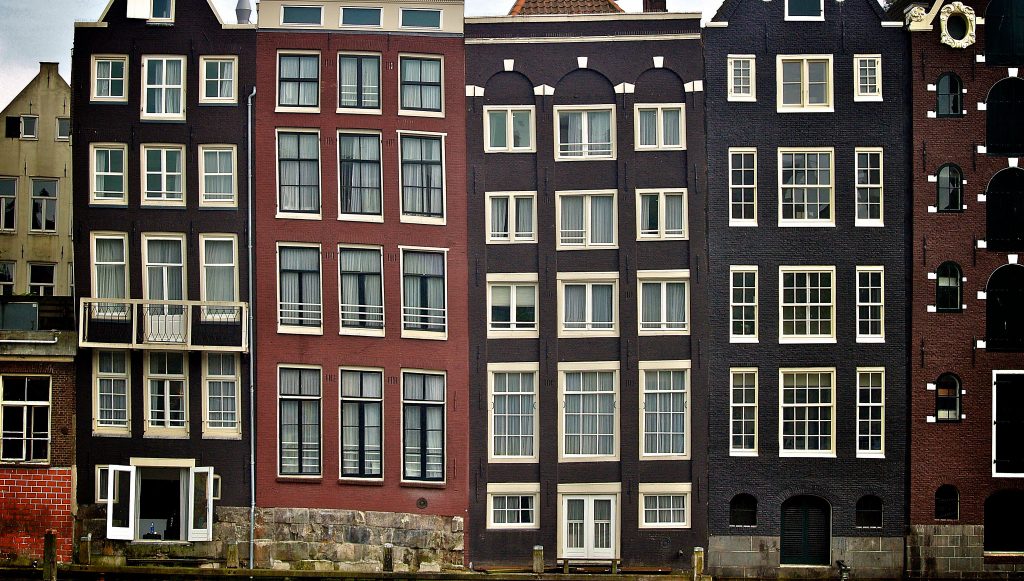
Thanks for this lovely, informative post! I enjoyed learning more about life in Sweden and the photos were beautiful.